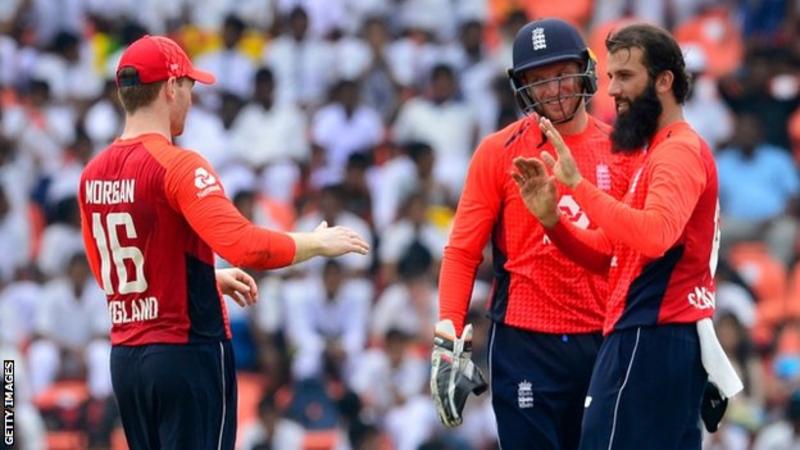The start of England’s tour to Sri Lanka was met largely with optimism from the visiting team’s point of view. Despite England’s relatively poor record in the subcontinent, with recent losses in their tours of India and Pakistan, the visitors were still the number one ranked side in the world in One Day Internationals (ODI) and were overwhelming favourites. The form of the test team maybe be inconsistent of late, but the ODI team have just come off the back of series wins against India and Australia and were brimming with confidence.
Over the last two years in the shorter form of the game, England have been playing superb cricket. Although narrowly missing out on the Champions Trophy, losing in the semi final, they have been consistently playing a brand of swashbuckling attacking cricket, aptly fitting of the number one ranked team in the world. With destructive, fast scoring batsmen, dynamic all rounders and an inspirational captain in Eoin Morgan, the dark days of the 2015 World Cup seem like a distant memory.
Based on the current state of the Sri Lankan side the series appeared to be a formality. The hosts were in disarray, having sacked their captain Angelo Mathews, after crashing out of the group stages in the Asia Cup following defeats to Bangladesh and Afghanistan. With the new captain Dinesh Chandimal leading a relatively inexperienced side at international level there was not much optimism surrounding the host’s chances of success despite the home advantage.

The first game was washed out with not enough play possible to warrant a result. The second game was also rain affected but a result was possible. England scraped to miserly but competitive 278-9. The hosts in pursuit were below the required rate when play was stopped at 140-5 of 29 overs meaning England won by 31 runs courtesy of the Duckworth-Lewis method. The third game in Pallekele saw the hosts slump to a meek 150-9 with Adil Rashid picking up four wickets, the leg-spinner continuing his impressive form, remaining England’s highest ODI wicket taker this year. The tourists chased down the below par score with seven wickets to spare.
The next game followed a similar path. Although several Sri Lankan batsmen such as openers, Dickwella and Samarawickrama, as well as captain Chandimal made starts but none of them could capitalize and turn them into match winning scores. In the end the score 273-7 was under par on a good batting surface and England chased it down comfortably in a rain affected game.
However, the final game in Colombo proved to be far more unexpected. Having already secured the five-match series, the hosts rested captain Eoin Morgan, whilst senior players such as Chris Woakes were also left out. The visitors clearly had one eye on the upcoming World Cup in the summer of 2019 by giving some fringe players some game time.
What happened next was extraordinary. Sri Lanka amassed a staggering 366-6 in their 50 over allocation. Dickwella and former captain and talisman Mathews were the top scorers with a destructive flurry from Kusal Mendis at the end of the innings. The young batsmen smashed a quickfire 56 of just 33 balls. Even for a batting lineup as good as England’s, this total would be a challenge and for the first time this series it would appear that the visitors would be truly tested.

Despite this, they are still undisputedly the best side in the world, but they are far from invincible. When put under sufficient pressure in unfamiliar conditions they can be beaten and beaten convincingly. For some critics this is why an international tournament has eluded England thus far.
Adam Shaikh

